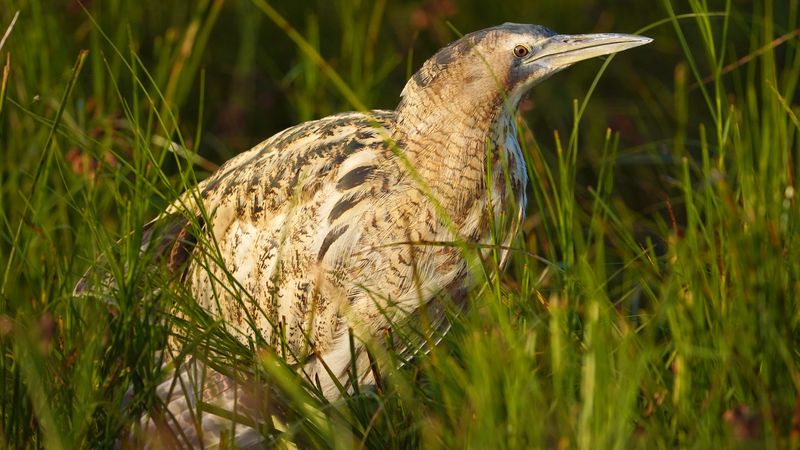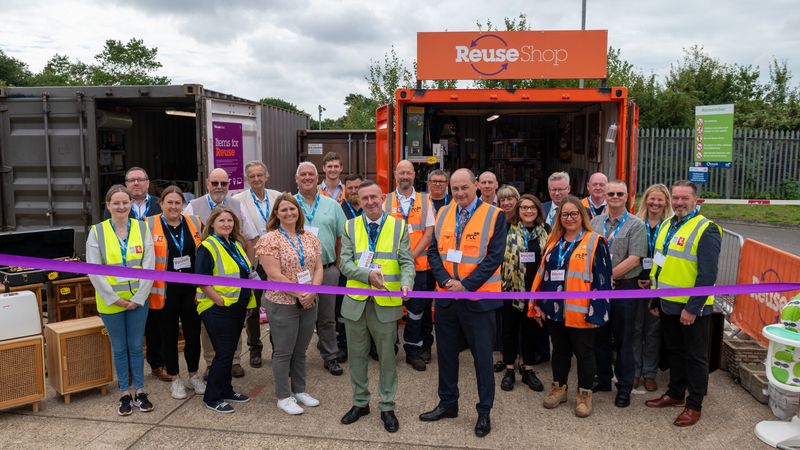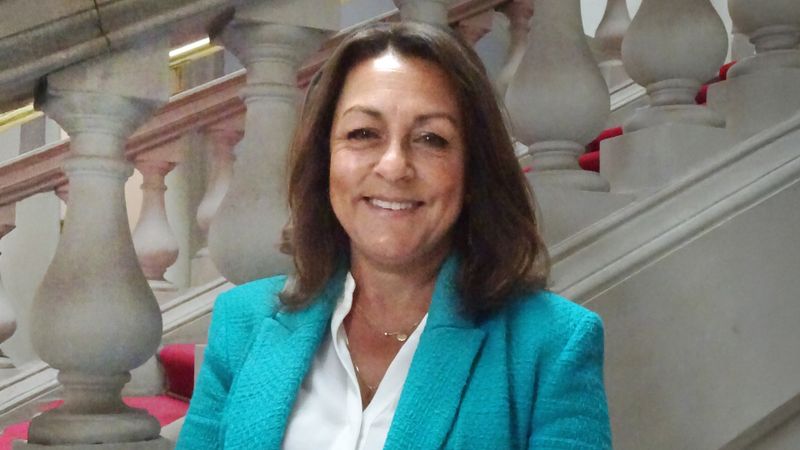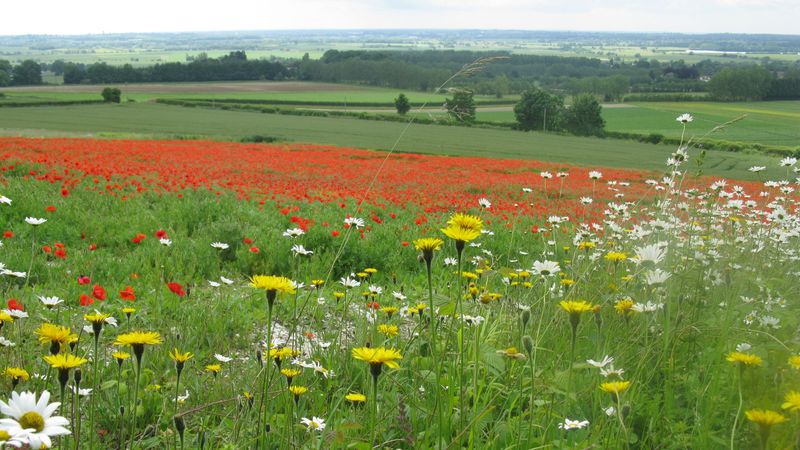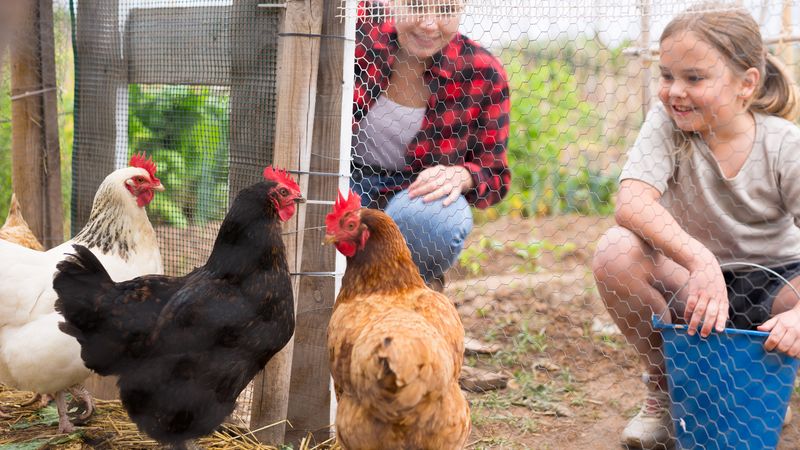The draft ‘Kent and Medway Local Nature Recovery Strategy’ has been drawn up by the Making Space for Nature project team, which has worked with more than 1000 people over the past year to develop it to this stage.
The draft strategy sets out the priorities for the recovery of nature in the county, and the recommended actions to deliver this. It also proposes areas where the creation or improvement of habitats could take place, highlighting where the greatest benefits will be for nature.
The strategy highlights the ambitions of helping habitats such as chalk grasslands, ancient woodland and coastal grazing marsh and mudflats, as well as identifying priority species that need assistance, like the Shrill Carder Bee, Barn Owl, Duke of Burgundy butterfly and Green-winged Orchid.
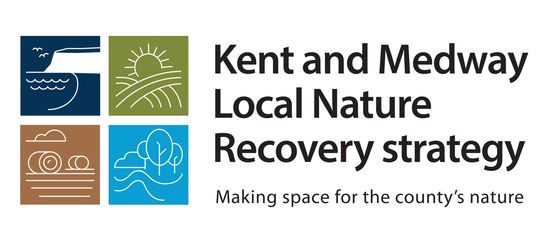
Have your say on the recovery of nature in the county.
Once published, the strategy will help to create a network of wildlife-rich places across Kent and Medway, and be one of 48 nature recovery strategies across the whole of England, helping to deliver the government’s commitment to ending the decline of nature and supporting its recovery.
The public consultation is an opportunity for people to give their views on a collaborative strategy that will have a lasting legacy for future generations.
Residents, organisations, businesses, farmers and landowners are being encouraged to take part in the consultation which is open between 16 January to 12 March 2025 and can be found at www.kent.gov.uk/naturerecovery.
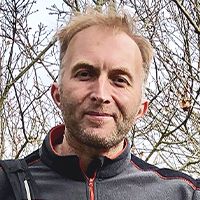
“‘Everyone’s input will be invaluable to help us meet the challenges facing our natural environment.””
Rob Thomas, Cabinet Member for Environment and Chair of the Making Space for Nature Board, said: “We established the Making Space for Nature project to enable people to take part in the development of the strategy. The response at events in village halls, leisure centres, country parks and other public places across the county has been extraordinary.
‘We’re now looking for more people, organisations and businesses to get involved in our public consultation by telling us what they think of the proposed strategy.
‘Everyone’s input will be invaluable to help us meet the challenges facing our natural environment.”
Cllr Simon Curry, Medway Council’s Portfolio Holder for Climate Change and Strategic Regeneration, and vice-Chair of the Board said: “The public consultation is an opportunity for people to feedback on the draft strategy and help us understand if the aspirations for the county’s nature, and the actions proposed, are appropriate and to tell us what they want to see happening in Kent and Medway.
‘The project has demonstrated the true passion that people have for their local environment and many of those involved will also be instrumental in delivering the strategy on the ground.”
Natural England have been advising Kent County Council on the development of the strategy.
James Seymour, Deputy Director for Sussex & Kent at Natural England said: “Kent is a county rich in wildlife, but some habitats are becoming increasingly fragmented and one thing this draft strategy aims to achieve is to connect up these fragmented pieces and provide a more linked natural space for nature to thrive in.
‘The natural environment can also be used to increase resilience to the challenges of climate change, tackle health and societal inequality and deliver well-being benefits. The draft strategy reflects these nature-based solutions.”
Kent is still largely an agricultural county, and the project has been working closely with farmers and landowners.
Claire Eckley, Kent National Farmers’ Union chair 2022-24, said: “Kent and Medway's farmers are already supporting nature recovery, and their involvement in the project means that the draft strategy not only reflects this existing work but builds on this with ambitions to see this increased and extended across the county. Many farmers are seeing the benefits that nature friendly practices, such as limiting soil disturbance and deploying a more natural approach to pest control can bring to their business. The draft strategy captures and promotes these regenerative practices, which benefit both farming and nature recovery.”
Contact details, and details of online briefings and locations where the team will be appearing throughout the consultation period, can all be found on the consultation website: www.kent.gov.uk/naturerecovery
